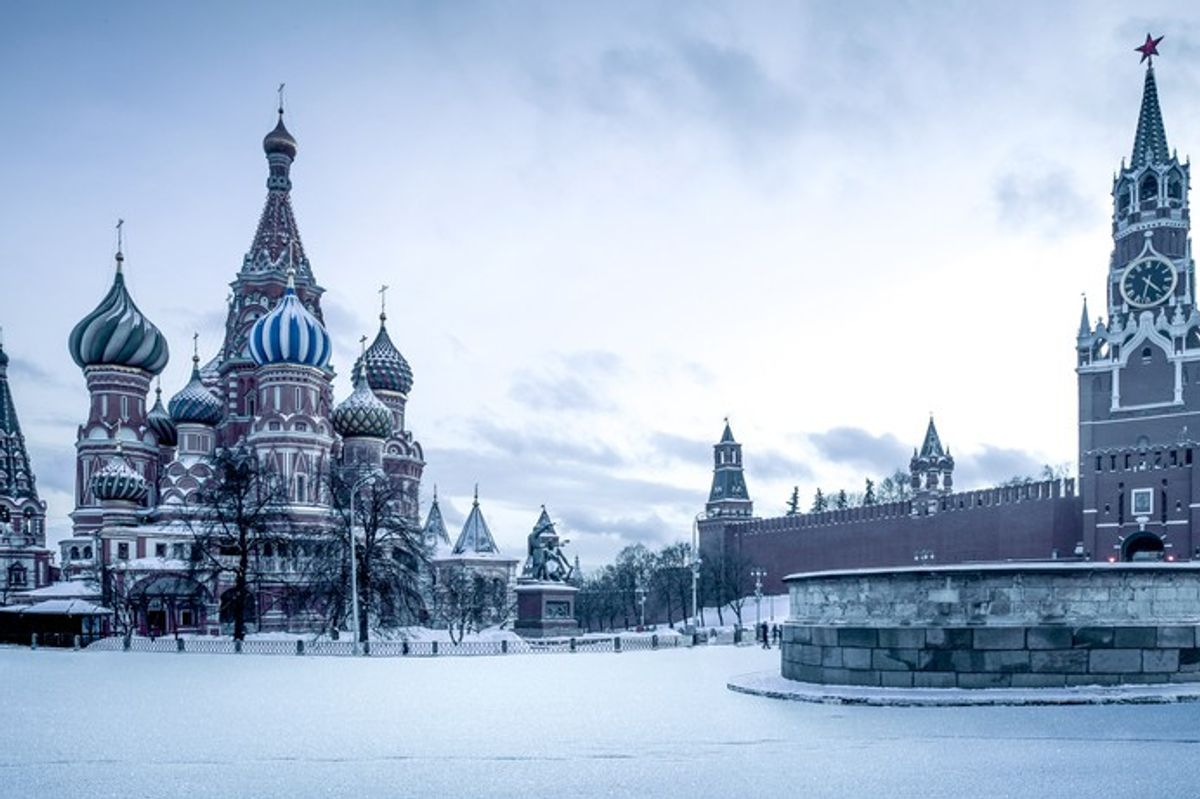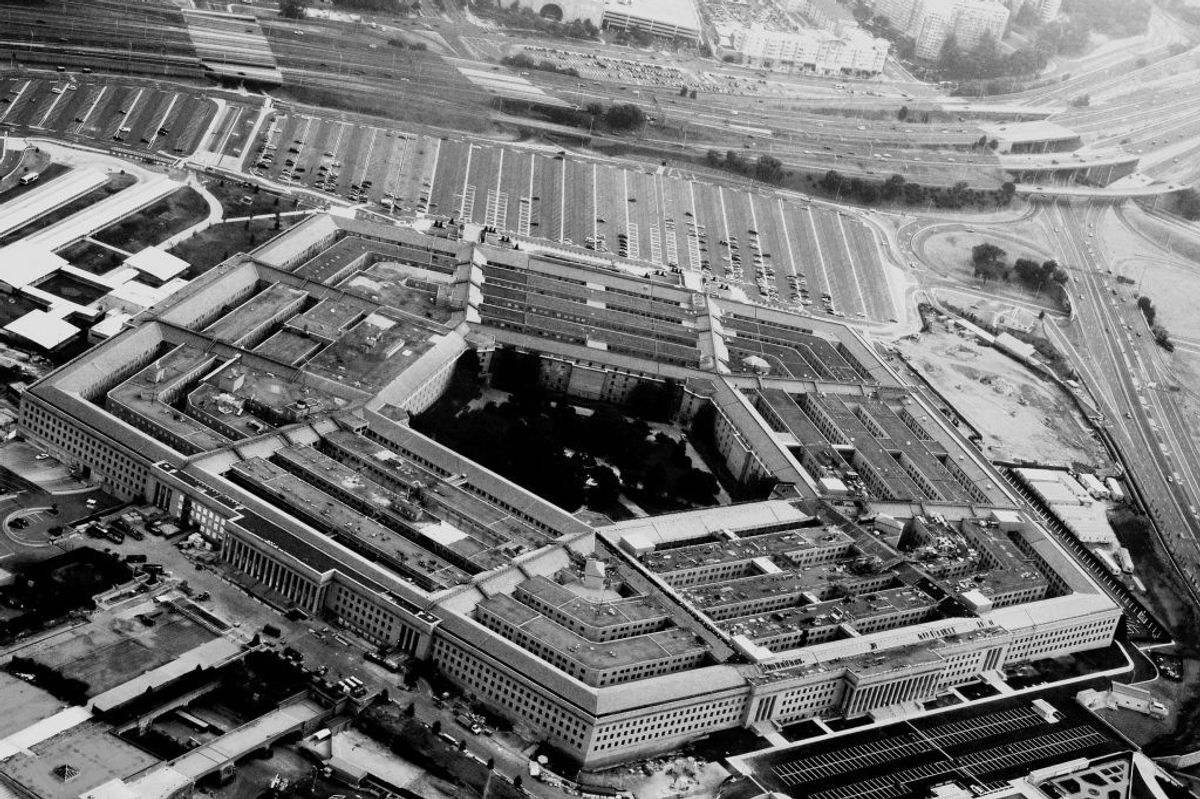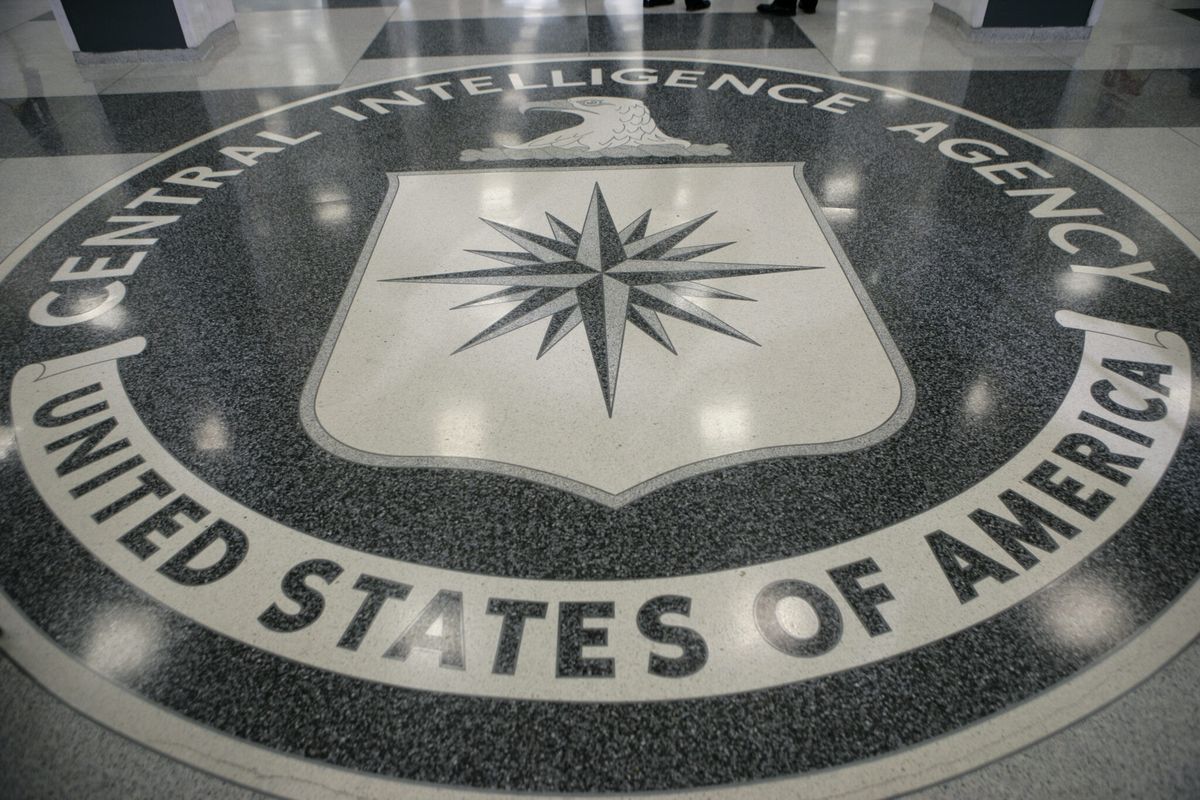In our continuing drive to spur healthy debate in the national security space, The Cipher Brief is running TCB expert John Sipher’s book review in riposte to our podcast with author Daniel Golden. We also invite you to join in the conversation, posting your point of view for submission at our new link at the bottom of this article, POV.
Reporting on Russian interference in the 2016 election has uncovered significant abuse of social media platforms such as Facebook and Twitter. The Russians even pushed divisive information through “Pokemon Go”. Pulitzer Prize winning author Daniel Golden’s new book “Spy Schools” argues that foreign and domestic intelligence agencies are also exploiting the U.S. higher education system. He claims that U.S. universities are the “front line for espionage.” Is nowhere safe?
Golden, whose previous book, “The Price of Admission: How America’s Ruling Class Buys its Way into Elite Colleges” received excellent reviews for its hard-hitting exposure of the uneven playing field in the area of university admissions.
He is looking to make a similar splash with “Spy Schools.” Sadly however, “Spy Schools” doesn’t deliver.
Golden is trying to cover significant territory in his new book. He wants to show how both foreign intelligence services and U.S. intelligence (CIA) and counterintelligence (FBI) exploit U.S. universities for espionage purposes. He partially succeeds in alerting us to the threat of theft from foreign actors, but utterly fails to demonstrate how the FBI and CIA are “abusing” or “co-opting” academia.
He too often resorts to charged and categorical language to hype the threat, and then undercuts his argument by providing humdrum and confused examples. It is almost as if Golden expects the reader to be shocked by the mere mention of CIA or FBI. As I read the collection of stories, I found myself saying over and over, “so what?”
Perhaps a former CIA officer and member of the Clandestine Service is the wrong person to review Golden’s book, for it seems to be aimed at people who reflexively assume the worst from their government, and are looking for anything with even a whiff of conspiracy or secrecy. His main failing, however, is that he unfortunately attributes an equivalence between American intelligence agencies trying to recruit top-flight employees, and foreign intelligence trying to steal U.S. intellectual property by infiltrating U.S. universities.
What could have been a powerful expose of foreign espionage is instead muddled by trying to equate those who steal information with those who are looking to protect it. If Mr. Golden can’t distinguish between Russian and U.S. intelligence agencies, I believe that he needs to do more research.
First the foreign threat.
Golden capably chronicles Chinese leader Deng Xiaoping’s decision in the late 1970s to dispatch Chinese students to the U.S., turning what was a trickle of students into a veritable flood. By 2015, a third of the one-million-plus foreign students in the U.S. were from China. The sheer volume of Chinese students has been a boon to the bottom line of many U.S. institutions. This need for students willing to pay full tuition will likely grow as online learning and rising costs make it harder and harder for second tier colleges to stay afloat. Of course, the more Chinese students, the more opportunity for Chinese intelligence to hide amongst the numbers.
As one example, Golden describes the case of tiny Marietta College in Ohio, which has become an unlikely favorite of the Chinese leadership and Chinese intelligence. In Golden’s telling, Marietta buoyed its budget by affiliating itself with Beijing’s University of International Relations, a training school for the Chinese spy services. However, in return Marietta has become a virtual Chinese intelligence feeder school, preparing Chinese students to become effective intelligence officers with a deep knowledge of U.S. culture.
As one might expect, Golden also provides anecdotes of Chinese researchers stealing the work of their professors and institutions, and of U.S. students who get recruited by the Chinese, Russian and Cuban intelligence services during their time in college. While Golden makes his point, I found most of the stories unsatisfying, and suspect that there are many more incisive examples, but it is not clear if Golden made an attempt to speak with the FBI, who would be able to aim his research toward more fruitful ground.
While the stories about foreign interest in the U.S. higher education system were somewhat interesting, Golden loses the thread when he turns to the “threat” from U.S. national security agencies. He over-hypes the issue, and fails to provide any real evidence to back up his assertions.
Worse, the entire narrative is infused with an implied assumption of wrongdoing or immorality on behalf of the CIA and FBI. It almost their very existence that seems to bother Golden. He uses hyperbolic language to outline CIA and FBI contact with universities, claiming that they are “abusing” or “attacking” academia.
For example, he describes an otherwise sensible sounding effort by the FBI to work directly with university presidents as the FBI’s “brazen campaign to co-opt U.S. universities.” To a comment by an FBI officer explaining how the FBI puts the U.S. education system “on a pedestal”, and takes special care when engaging with university staff and leadership, Golden dismisses the comment with the following sentence: “Far from being a ‘sacred ground’ off-limits to espionage, academia is like a well trampled city park, once pristine but now littered with candy wrappers, broken glass, and dog droppings.” So much for impartiality.
Despite the charged language, Golden ultimately makes a weak case. Among his numerous examples of CIA and FBI contact with universities, he doesn’t offer a single case of abuse, threats or wrongdoing.
Instead, Golden spends page after page talking about former CIA officers who attended Harvard’s Kennedy School of Government, suggesting that Agency officers enrolling in graduate programs is somehow a threat to academic freedom. However, Golden offers nothing to suggest the CIA officers are doing anything other than study. Each story is of an apparently qualified officer who informed the Harvard Administration of his/her real identity and profession, was liked by his fellow students, and did not use the school to recruit foreign students or professors. Like so many rising government executives in the military and foreign service, they were just getting mid-career training.
The worst criticism Golden could muster was that “CIA’s clandestine officers displace other government employees who could contribute more to the learning experience, both in and out of the classroom.” In a similar vein, Golden tells the unremarkable story of a retired CIA officer who went on to become a respected instructor at Boston University. It was not clear to me how any of this constitutes an attack on the U.S. university system.
More troubling, Golden juxtaposes CIA officers attending graduate classes with reporting on the Russian illegals who were posing as Harvard students prior to their arrest in 2010 – somehow suggesting equivalence between Americans leveraging the talents and expertise of U.S. academics, and Russian spies pretending to be Americans so that they can burrow into our institutions in furtherance or Russian espionage and sabotage. Thanks, Mr. Golden.
Golden also describes a number of cases of FBI and CIA contacts with academia, but again seems to assume that the simple fact of contact is enough to make them appear scurrilous. Among other examples, Golden recounts an FBI officer who reached out to a Libyan student during the uprising in Libya to determine if he had any pertinent information. They chatted a few times and when it was clear that the student didn’t know much, they discontinued contact.
Similarly, he tells the story of an MIT professor who agreed to be debriefed on his travels and areas of expertise, and CIA efforts to get in touch with an Iranian nuclear scientist who was considering defecting to the U.S.
If those hair-raising stories are not enough, Golden’s real shocker was “uncovering” the fact that CIA often goes to conferences that have foreigners from hostile countries with access to secrets. Remarking that it is “described here for the first time,” Golden breathlessly reports that the CIA arranges and attends scientific conferences.
Golden continues: “Suppose there is an international conference in Pakistan on centrifuge technology: the Agency would send its own agent undercover, or enlist a professor who might be going anyway to report back. If it learns that an Iranian nuclear scientist attended the conference, it might peg him for possible recruitment at the next year’s meeting.” Shocking. It seems that Mr. Golden uncovered the fact that spies spy. I’m not exactly sure what he would prefer that CIA officers do, but I would suspect that most Americans would be right to scold the CIA and FBI if they were not trying to find ways to recruit Iranian nuclear scientists.
Further, Golden’s fundamental misunderstanding of U.S. intelligence results in confusing and mistaken explanations. For example, he describes an instance when an Iranian student wins the U.S. visa lottery. Since the Iranian had been met twice by the FBI, he surmises that the FBI had arranged for the free pass to the United States.
If he had bothered to ask any intelligence officer, they would have told him that the U.S. does not give away citizenship to someone met casually in the United States. An Iranian student is of limited value in the United States. A reward as precious as citizenship could only be considered for someone who might provide the crown jewels from a sensitive position in their home country. But to Golden, any association with the FBI or CIA correlates to espionage. I wish it were that easy.
What is Golden’s solution to this “abuse” of the U.S. system of higher education? A treaty. He concludes that academia should adopt a prohibition on domestic spying, and should even extend it to intelligence services worldwide. As he explains it, universities “could declare themselves no-spy zones” prohibiting foreign and U.S. intelligence, and FBI counterintelligence.
It is not clear how it would be enforced since he is proposing to block the very institution charged with protecting the U.S. from foreign espionage. Indeed, I’m certain that the Russians, Chinese and Iranians would be glad to sign up for Golden’s plan, since it would make worse the very thing he wants to stop, providing foreign spy services a free pass to steal even more from the United States. As journalist Walter Lippman famously described the similar desire to legislate against war and armaments in the lead-up to World War II, the disarmament movement was “tragically successful in disarming the nations that believed in disarmament.”
As we’ve seen recently, and from the 2016 election, intelligence and other asymmetric threats (cyberattacks, hacking, trolls, disinformation, terrorism) from foreign actors is on the increase. We need to strengthen U.S. counterintelligence capability, not look to weaken it. We’ve learned the hard way that an open environment is easily abused by bad actors.
Sadly, Golden’s attempt to equate foreign espionage and theft of intellectual property with FBI counterintelligence and U.S. intelligence hurt what otherwise could have been an enlightening study. Instead, the book is likely to be enjoyed only by those who have a pre-conceived, knee jerk negative reaction to anything related to U.S. intelligence. From my experience, despite the occasional misstep, U.S. officials are respectful of U.S. institutions and U.S. law, and work cooperatively with higher education. Strengthening those bonds through increased communication and transparency is a better answer than anything Mr. Golden suggests in “Spy Schools.”













